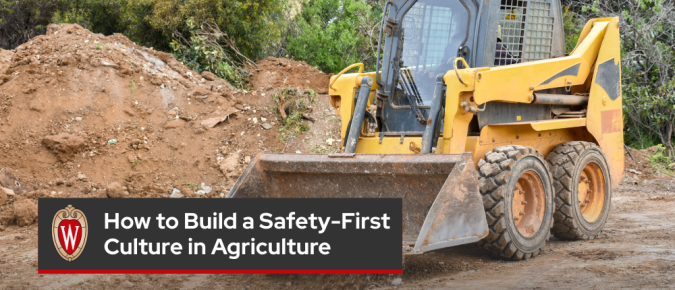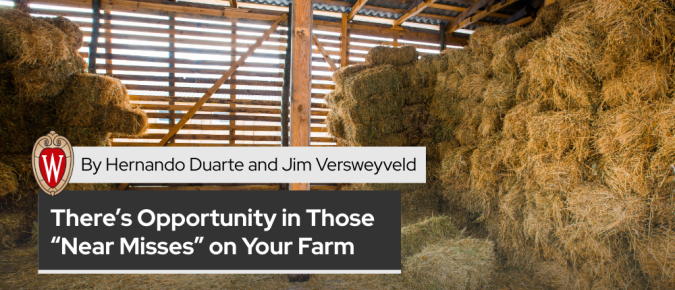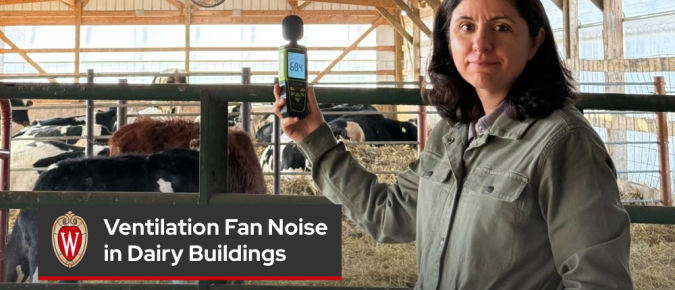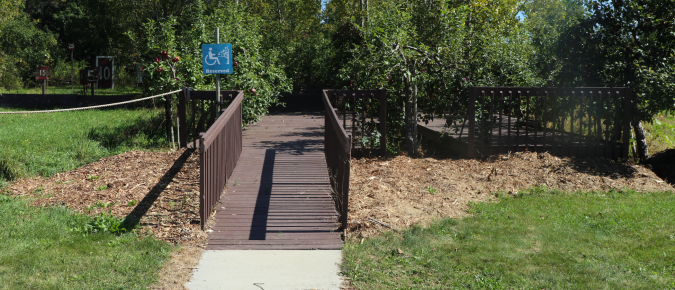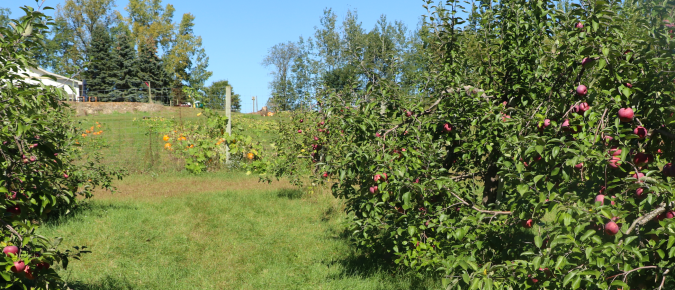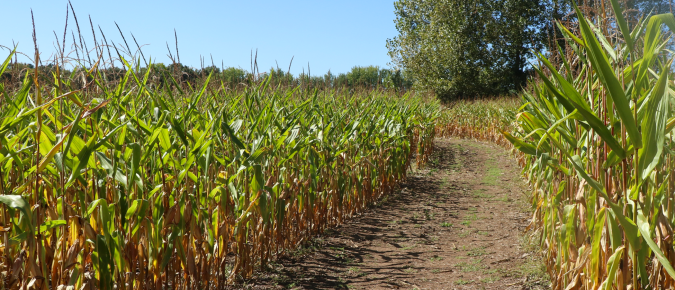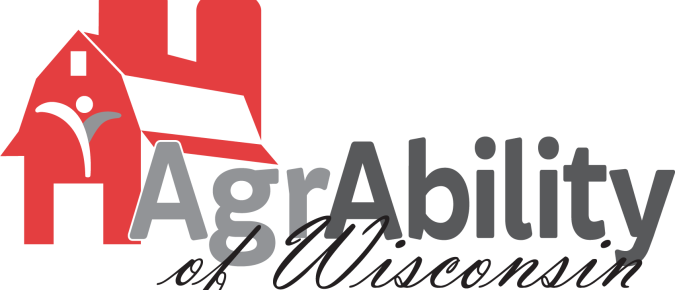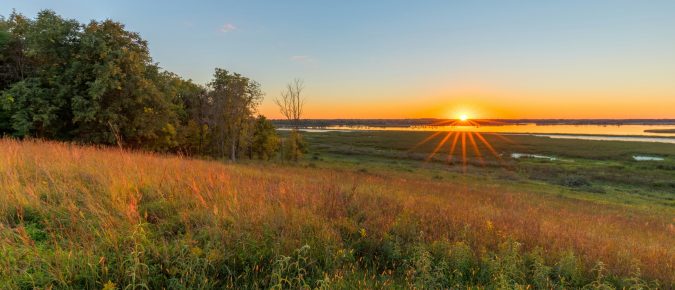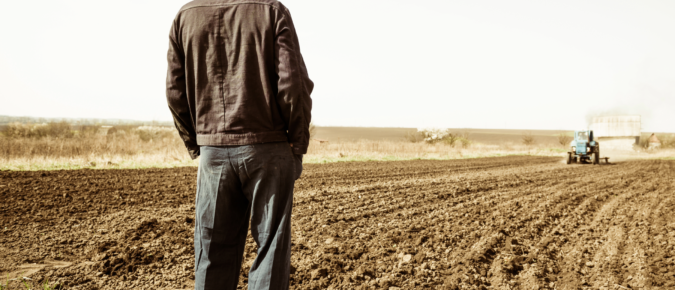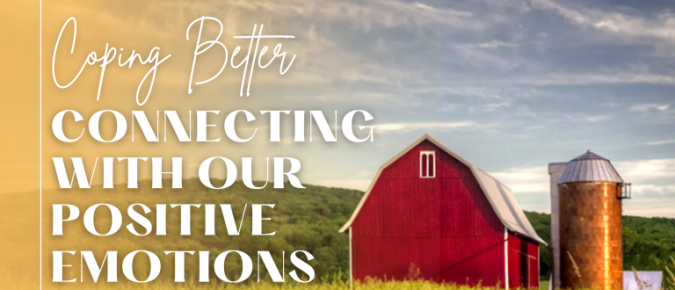A safety culture in agriculture saves lives, protects resources, improves efficiency, and ensures sustainable growth. Farm employers know that having a positive safety culture is good for their workers and for their business.
Farms are busy workplaces with the potential for injury lurking around every bend. A proactive tool to guard against future mishap, and an important part of improving your overall farm safety culture, is “near miss” reporting.
Routine farm activities such as feeding, cleaning, and vehicle movement all contribute to ambient noise.
Understanding the importance of making events, festivals, and agritourism more accessible is crucial. Accessibility ensures that everyone, regardless of their abilities, can participate fully.
When someone reaches out to ask if your event or venue is accessible, it’s important to understand how to answer their questions.
The goal for creating an accessible event, festival, or agritourism site should be proactive, not reactive when a situation arises. This article shares some examples from an agritourism venue that embraces Universal Design.
Are you or someone you know facing challenges in maintaining your farming operation due to an injury or other physical or health-related disability?
PTSD was first recognized as a condition that affected some war veterans. Later, it was learned that PTSD can be caused by any number of traumatic events, such as a car accident, natural disaster, near-death experience, or other isolated acts of violence or abuse.
Understanding what mental health is, the stigma around it, and the benefits of counseling and other resources available can help you decide if it is right for you.
Stress management is an essential business skill in today’s agriculture. As a farmer, you have a responsibility to maintain your mental and physical health just like you have a responsibility to maintain your farm equipment.
Have you noticed feeling more irritable or less able to think clearly and concentrate after a night of bad sleep? You’re not alone. Sleep is as essential to your overall health as food and water are. Experience has probably shown us how essential good sleep is for how well our brains and bodies work the […]
Stress is everywhere. It’s a part of life, from breakdowns, financial struggles, the weather, relationship issues, and isolation that often lead to stress. Stress can become problematic when it makes us feel overwhelmed or continues for a long time.
Big dreams – big goals – long waiting times. Ever find yourself in a pattern of waiting for happiness at the end of another rainbow? In this episode we talk to Joy Kirkpatrick, Farm Succession Outreach Specialist for UW Madison, Division of Extension and Center for Dairy Profitability and Serge Koenig, a Conservation Technician in Sauk County. Serge and Joy remind us that it’s those small, daily goals that bring us satisfaction everyday and help us feel that sense of accomplishment.
Did you ever find yourself in the middle of your worst day? Sometimes life provides us with moments to respond or react and we have to choose. In this episode, we speak with Dr. Paul Fricke, Professor, College of Agriculture and Life Sciences at UW Madison and Sue Sharp, the owner of Driftless Life Coaching. Sue and Paul share with us their own “oh no” moments to help highlight opportunities that come when we pause and reappraise situations so that we can respond in ways that help us learn and grow.
Compassion is a powerful way we connect with others – but how often do we extend it to ourselves when we really need it? Not often enough. In this session we talk with Amanda Coorough, Health and Wellbeing Educator, University of Wisconsin – Madison, Division of Extension and Shawn Monson, Program Coordinator, Farmwell Wisconsin, a service of Southwest Wisconsin Community Action Program. They not only share with us why self compassion is so important to our well-being, but they provide examples of how self compassion can be a source of strength in very difficult times.
Taking a moment to appreciate the simple things in life not only helps us stay safe, but keeps us rooted in the present and allows us to plan for a better, less stressful future. In this episode we speak with Dr. Larissa Duncan, State Specialist for Health & Well-Being at the Division of Extension and Faculty at University of Wisconsin – Madison and David Unbehaun, a Richland County farmer whose family has been on the land for four generations. They explain how a little bit of mindfulness can go a long way in helping to cope with daily life stressors and prevent us from not dwelling on things outside our control.
What we are good at and how we can contribute to the broader world is often a very important way we express ourselves and connect with others. In this episode, we speak with Gene Schriefer, Wisconsin State Executive Director of the Farm Service Agency, and Dorothy Harms, who is a farmer, active community volunteer, and a member of the Farmer Angel Network. Every situation is unique; knowing what strengths you bring to your life and farm can help you plan for a positive future.
Having things to be grateful for and being grateful are often two different things. In this episode we speak with Beth Smetana, a retired clinical social worker and Brianne Mossman founder of the Will P Project developed after her brother, a farmer died by suicide. They will talk to us about how the smallest, simplest things in life can helps us connect with gratitude.

